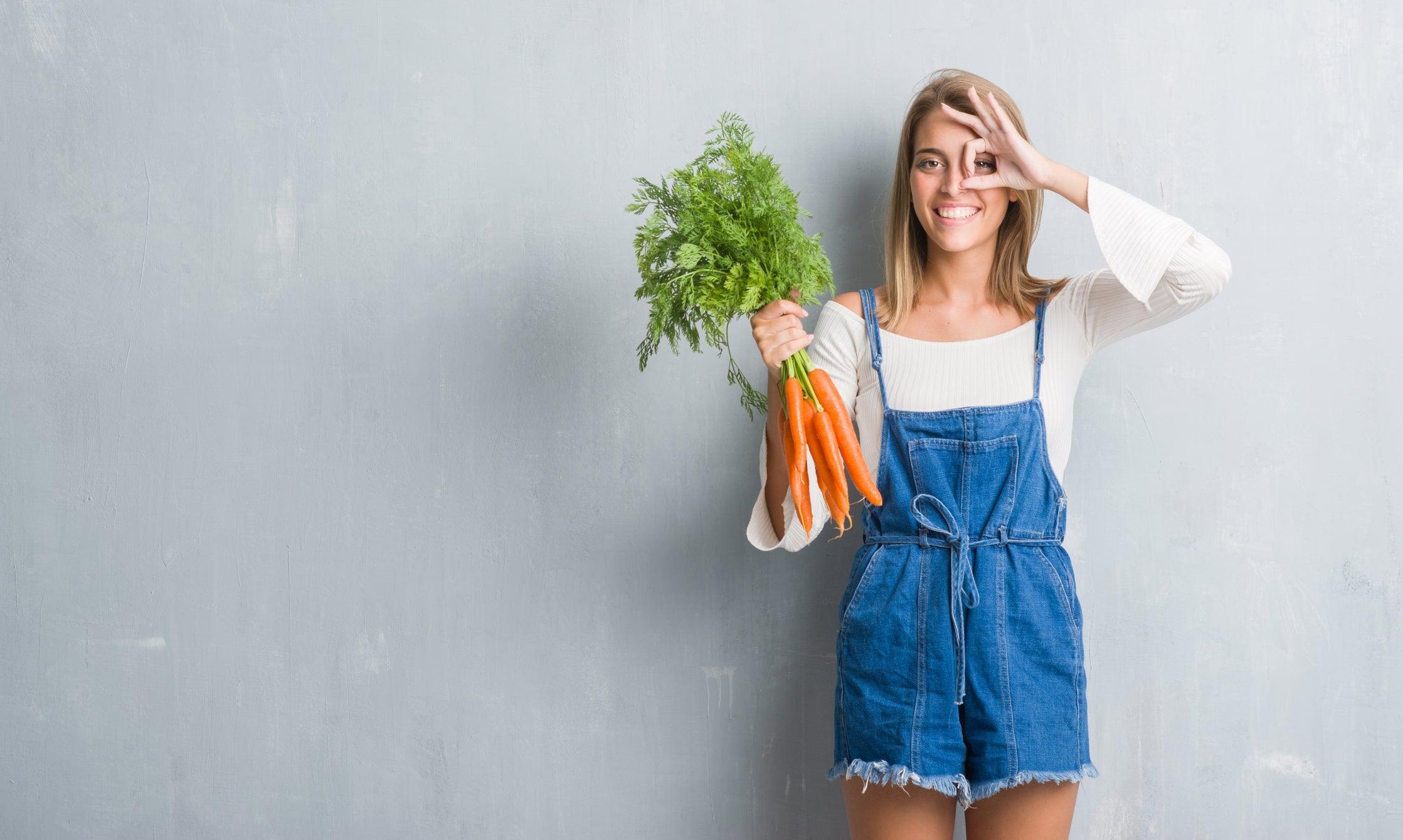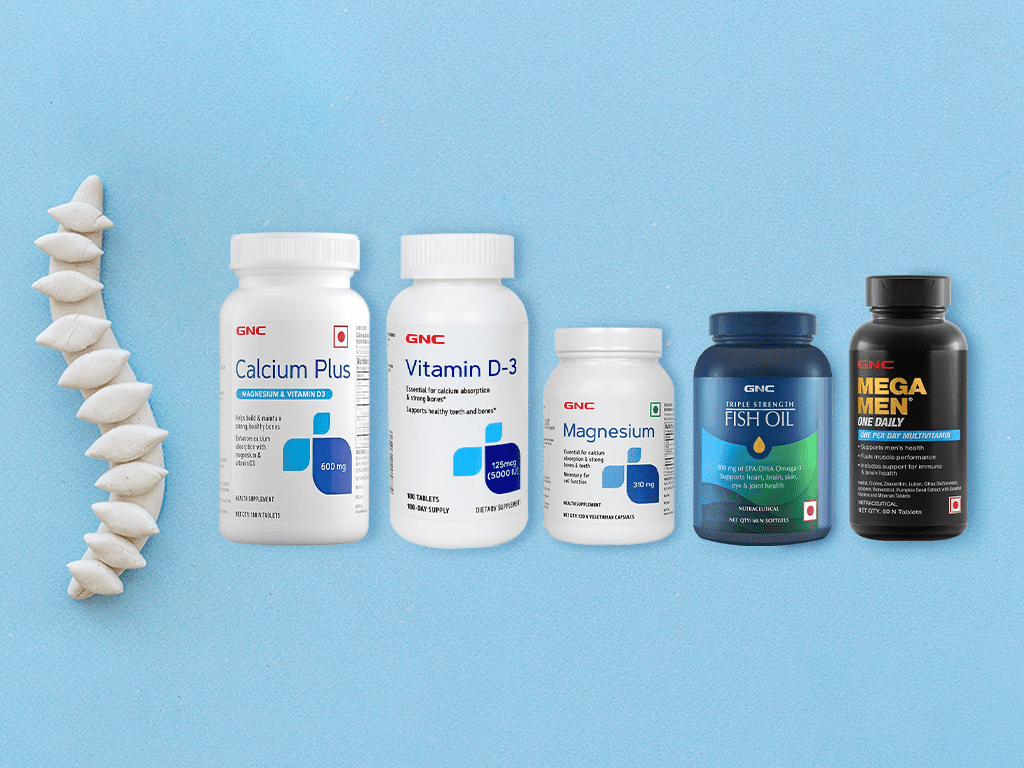
Mother’s day is always special to all of us! We have that one day to make it more special for her and tell her how much she means to us!
Our Mothers even during this lock-down are up for a never-ending fight for us!! It’s time to take care of their immunity because they are our family’s warrior!!
because “there is no greater warrior than a mother protecting her child” – N.K. Jemisin
What do we mean by M-O-T-H-E-R ? “M” is for the million things she gave me, “O” means only that she’s growing old, “T” is for the tears she shed to save me, “H” is for her heart of purest gold; “E” is for her eyes, with love-light shining, “R” means right, and right she’ll always be, Put them all together, they spell “MOTHER,” A word that means the world to me. –Howard Johnson (c. 1915)
Let’s understand 5 Vitamin Deficiencies she faces, and let’s Gift her Boxful of Nutrition, this Mother’s Day!
Vitamins: You might be surprised to know how prevalent anemia and bone-related diseases are among women. A study revealed that 59% of Indian women are anemic, while 70% have vitamin D deficiency (NFHS-4) which leads to osteoporosis. These numbers make it imperative for women to improve their diet, get regular health checkups, and consult doctors to include multivitamins in their diet.
Let’s take a look at some very common dietary deficiencies in women:

Vitamin D: The ‘sun vitamin’ is produced when the 7-dehydrocholesterol, a form of cholesterol in the skin is exposed to sunlight. However, today’s indoor work culture leaves minimal scope for exposure to sunlight. Muscle weakness, loss of bone density, and increased risk of fractures are just a few hazards of vitamin D deficiency. It can also slow down immune function and increase the risk of cancer.
Which sources can help?
Eggs, seafood, and sunlight are some good sources of vitamin D. However; it is difficult to get the required quantity just through one’s diet. So taking vitamin D supplements becomes essential.
Calcium: When you deprive your body of calcium, it ‘steals’ it from your bones, weakening them in the process. Osteoporosis is the most common ailment seen in women who have this deficiency. It also affects the heart, muscle, and nerve function.
Which sources can help?
Dairy products, almonds, nuts, etc., are some calcium-rich foods that you can add to your diet. However; if your diet is not providing enough calcium to meet your daily requirement, it would be a good idea to take a supplement.
Vitamin B2: This antioxidant protects the body’s cells against free radicals. The vitamin is essential for the metabolic process and to maintain a healthy nervous system, preserve vision, and ensure skin health. Its deficiency can cause anemia, nerve damage, slow metabolism, skin disorders, etc.
Which sources can help?
Dairy products, green leafy vegetables, whole grains, mushrooms, eggs, red meat, seafood, chicken, B2 supplements.
Iron: It is the main component of your red blood cells, and a deficiency means blood loses its capability to carry oxygen to various organs. This causes lethargy, weakness, and affects the immune and brain functions.
Which sources can help?
Beans, spinach, seeds, broccoli, red meat, seafood, pulses, nuts, whole grains, iron supplements (ONLY on a doctor’s recommendation).
Vitamin B12: It is essential for healthy red blood cells and nerve function. But our body cannot produce it, which means we need to consume foods that can fulfill our requirement, or take supplements. It is found in animal products, making vegetarians a high-risk group. Vitamin B12 is water-soluble, and high dosages can’t harm the body as it is poorly absorbed. Excess is eliminated from the body.
Which sources can help?
Seafood, organ meat, eggs, milk, B12 supplements.
Let’s prioritize her health this mother’s day with loads of love and care…





